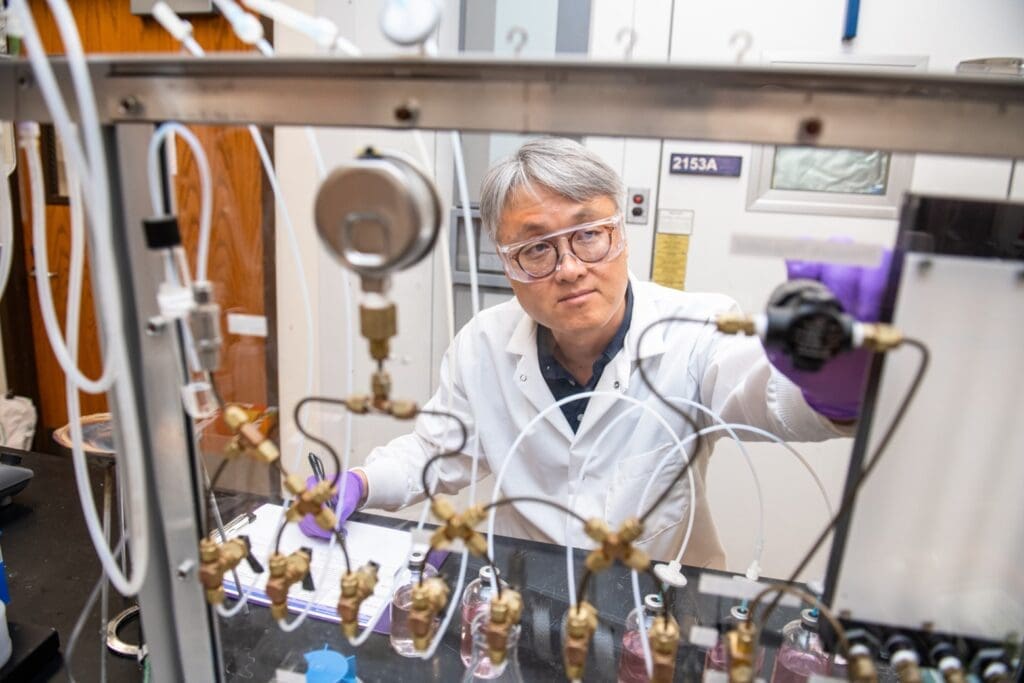A team of Kansas State University researchers has discovered that silage, a type of fermented plant feed for livestock, is a significant but previously overlooked source of nitrous oxide (N2O), a potent greenhouse gas. Agriculture is the largest source of N2O in the U.S., but the role of silage in producing these emissions had not been studied much.
Led by civil engineering professor Jeongdae Im, the team tested silage made from maize, alfalfa, and sorghum. They found that all three types released notable amounts of N2O, mostly due to bacteria involved in the fermentation process.
In a breakthrough, the researchers discovered that adding chlorate, a chemical that inhibits this bacterial activity, significantly reduced N2O emissions. This suggests that using chlorate in silage production could help reduce greenhouse gases.
This research, supported by a National Science Foundation award and published in PNAS Nexus, provides new insights that could lead to more sustainable agricultural practices. The team hopes their findings will inspire further research and efforts to lower greenhouse gas emissions from farming.













